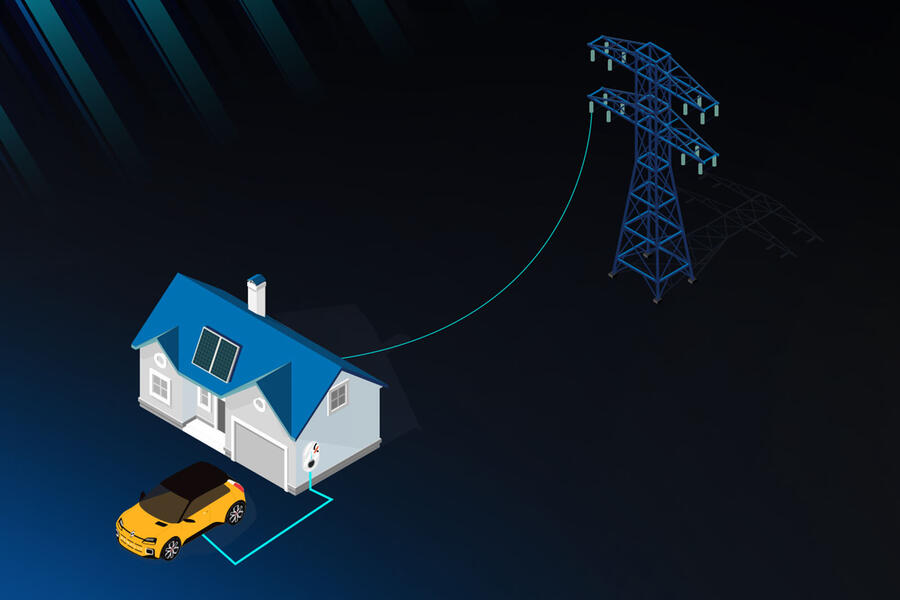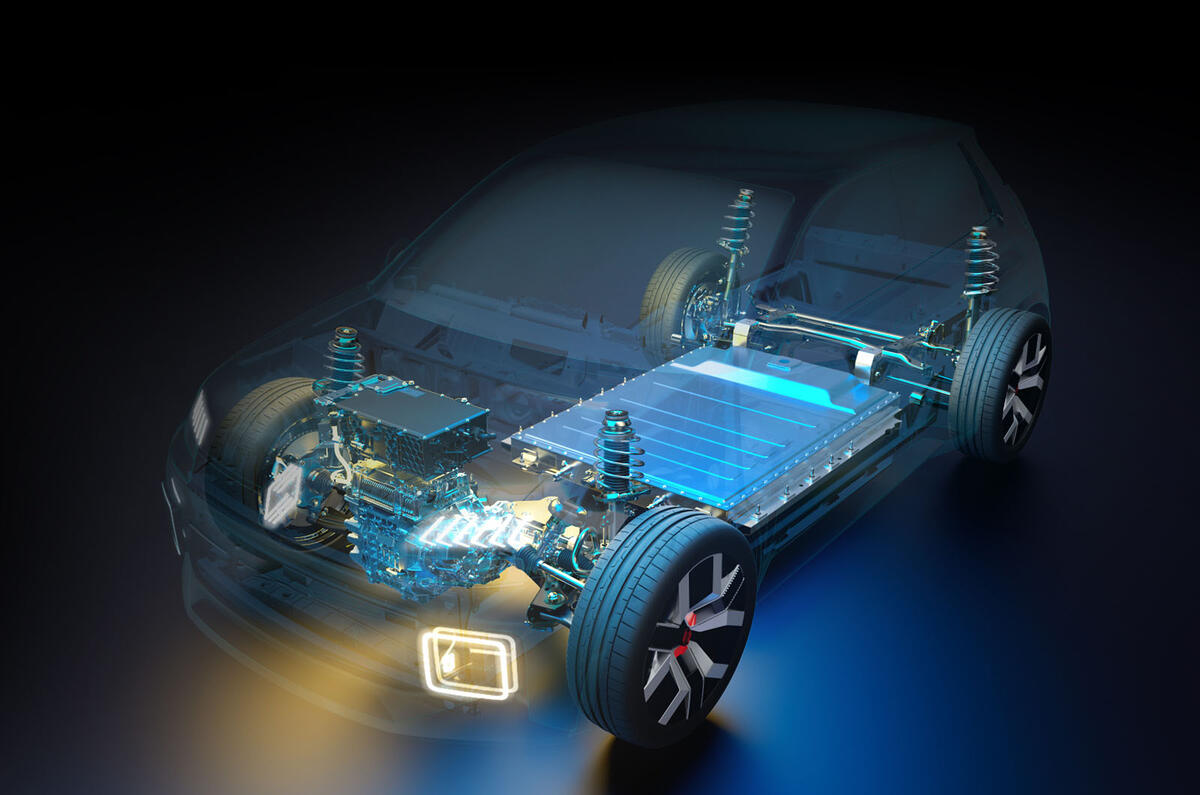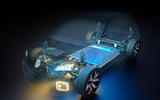Renault’s highly anticipated 5 EV will be equipped with vehicle-to-grid (V2G) charging which could slash customers’ charging costs by up to 50%, the firm has claimed.
The French firm's smallest EV, currently in its final stages of development as the “most fun small electric car to drive”, will be Renault’s first to be equipped with the contract-based software.
Also known as bi-directional charging, it will allow customers to plug their car into the grid and either charge it overnight to take advantage of cheaper rates, or return power to the grid when demand is high. Renault will eventually introduce this on all of its future products, with it earmarked for the current Renault Megane and forthcoming Renault Scenic.
It will charge using A/C only and is equipped on all 5 EV models as standard, with customers able to switch the system on and off as they like.

Customers can charge their car using an app downloaded to their phone and will be able to tell it what time of day they want to leave the house, and how much charge they want in the battery by that time.
Making use of Mobilize's algorithm and its energy partner, The Mobilize House, the car will be charged according to when electricity is at its cheapest rate, and discharged from the car to the house and national grid when electricity is at peak demand and more expensive.
Making use of the private and public grid, energy will be fed first to the home and thereafter back to the grid. At any one time, a maximum of 11kW will be taken from the car and fed to both house and national grid.
Alain Thoral, Director of Mobilize Energy Solutions said: "A customer who plugs in during nine hours a day will manage to save 50% of the recharge cost of the car for a year. So, for a customer who drives 15,000km (9,320 miles) over one year, 7,500km (4660 miles) will be for free." This 50% saving is applicable to a 7.4kW single-phase UK charger, and is calculated according to charging at the most expensive time.

















Join the debate
Add your comment
Secondly , when everyone is charging overnight will there actually be cheap electricity then? Any projections?
Overnight cheap rate charging is obvious, depleting the battery during the day to save a few quid not so, for more than one reason.